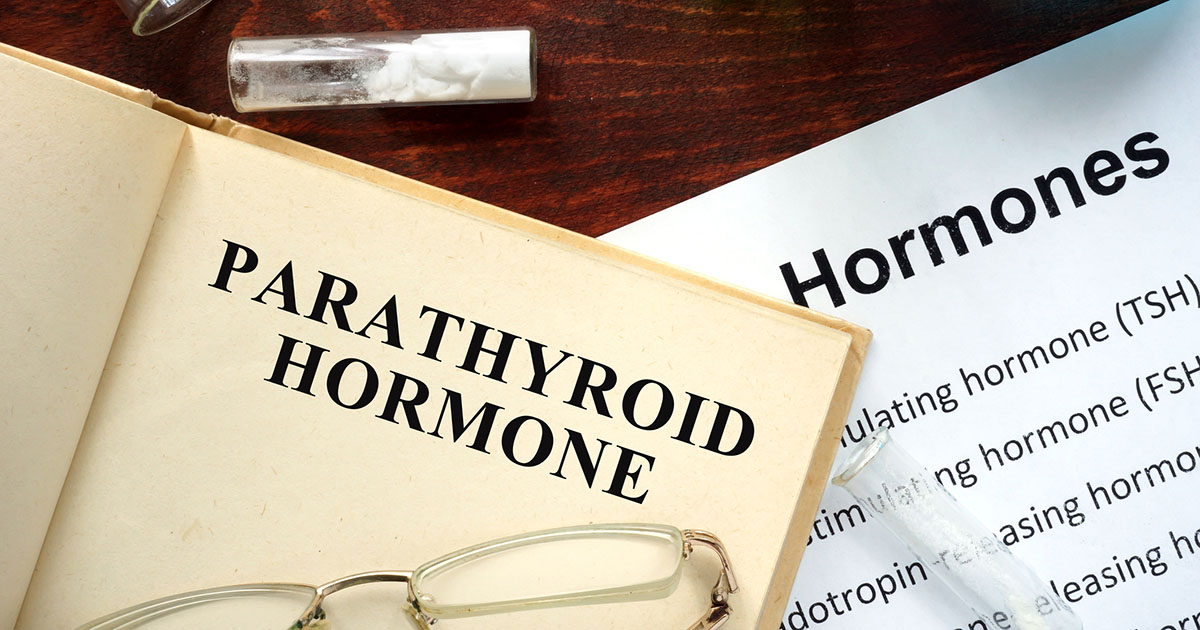Causes And Complications Linked To DiGeorge Syndrome
Hypoparathyroidism

Hypoparathyroidism is a common complication of DiGeorge syndrome. There are four parathyroid glands located in the neck, and these glands are responsible for the regulation of phosphorous and calcium throughout the body. DiGeorge syndrome patients may have smaller than average parathyroid glands that don't create enough parathyroid hormone, which causes a thyroid dysfunction called hypoparathyroidism. The condition causes phosphorous levels to be too high and calcium levels to be too low. If an individual's calcium levels are too low for a long time, they might develop symptoms including coarse hair, brittle nails, dry and scaly skin, and muscle cramps in the legs and back. If the condition isn't treated, symptoms might progress to neurological issues like hallucinations, depression, delirium, memory loss, and confusion.
Discover the next DiGeorge syndrome complication now.